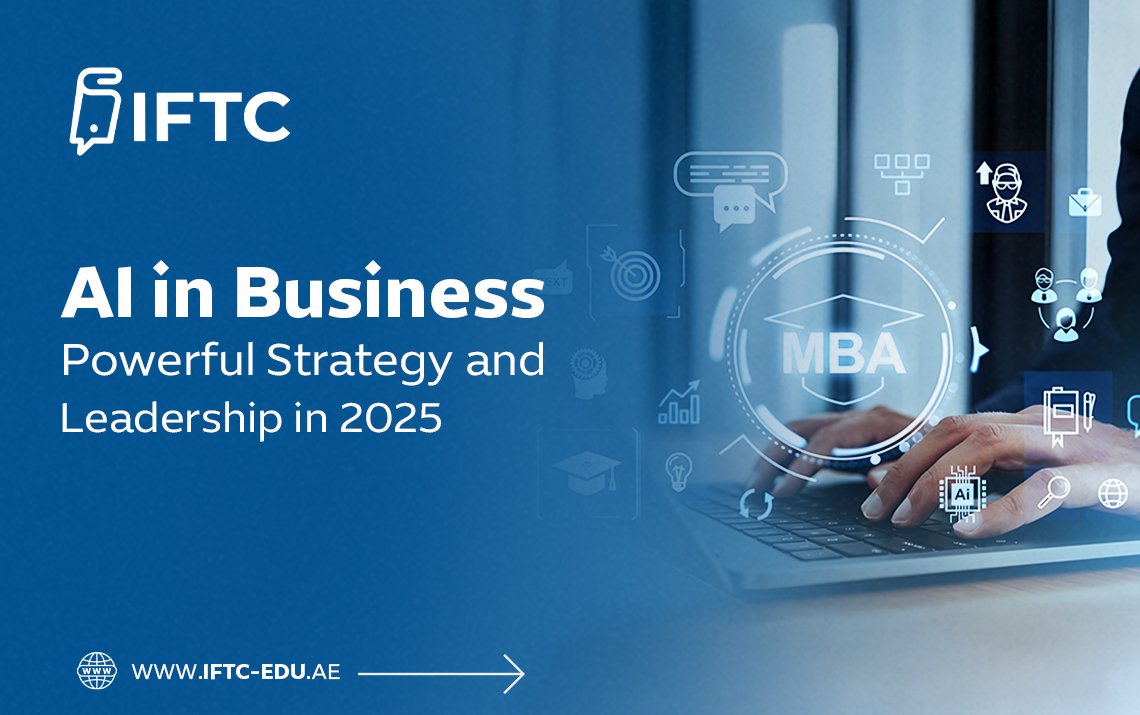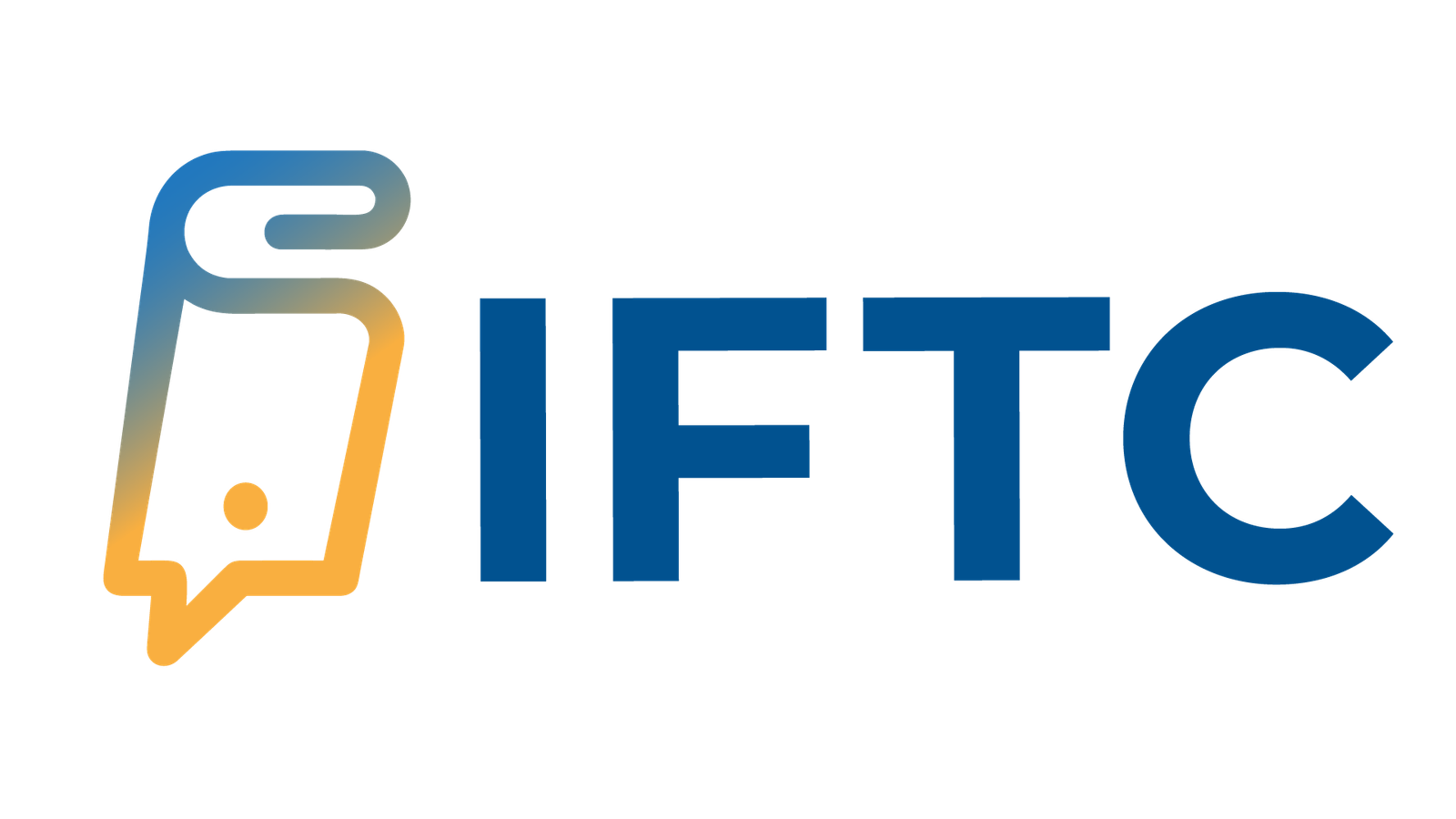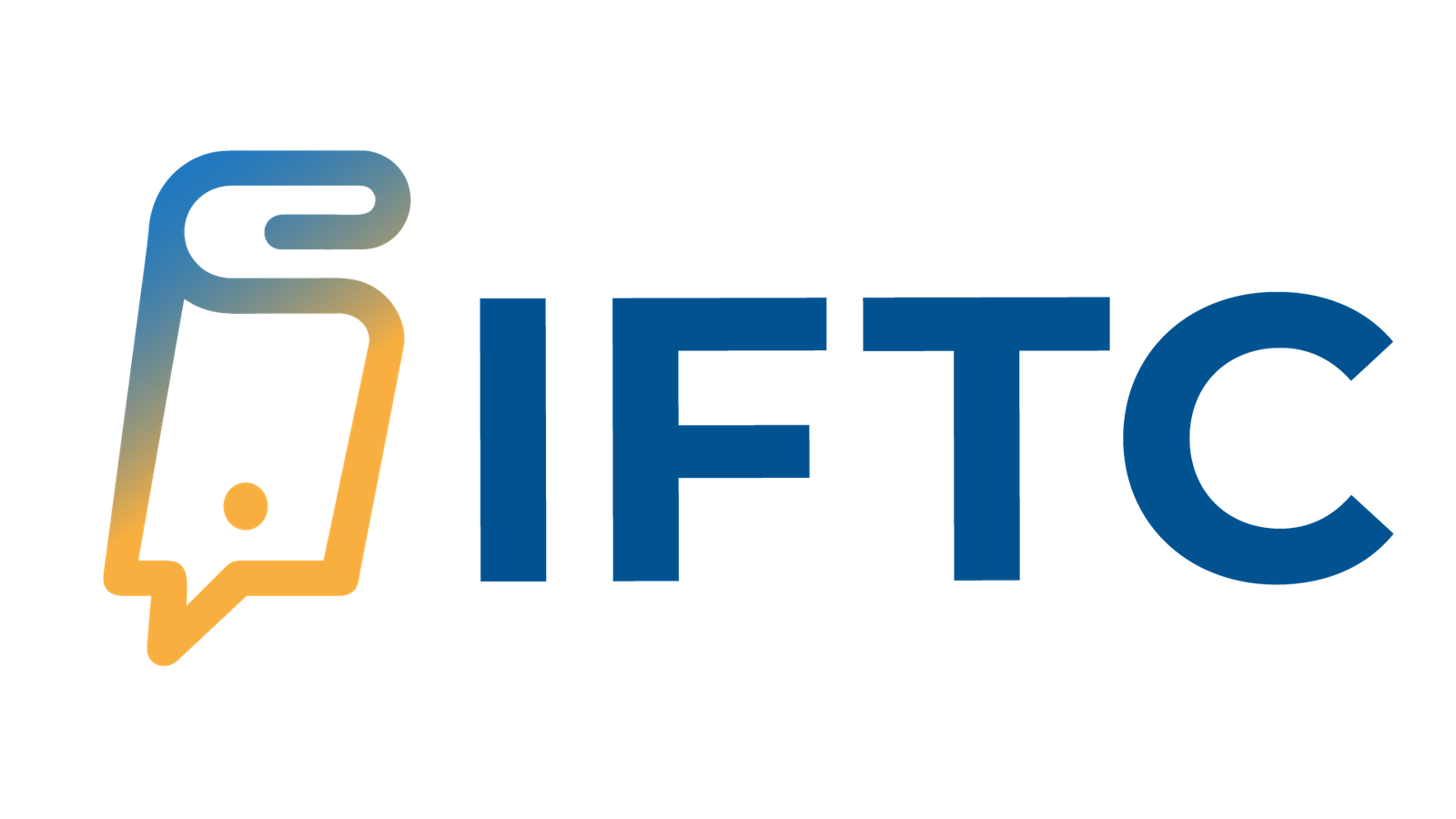
AI in Business: Powerful Strategy and Leadership in 2025
AI-Powered Strategy: How Artificial Intelligence Is Redefining Business Management in 2025
In an era where digital transformation is more than a buzzword, Artificial Intelligence (AI) stands at the forefront of a revolution that is fundamentally altering how businesses operate, grow, and compete. As we navigate through 2025, AI has moved beyond experimental use cases and become a strategic imperative in the boardroom. From real-time decision-making to predictive analytics, AI is not just a tool—it’s becoming a strategic partner for modern business leaders.
The Evolution of AI in Business Management
Just a few years ago, AI was mostly confined to back-end operations: chatbots, data processing, and basic automation. But today, thanks to advancements in machine learning, natural language processing, and neural networks, AI has found its place in strategic management.
Executives now rely on AI to:
- Forecast market trends using predictive analytics.
- Optimize supply chains with real-time data.
- Tailor marketing strategies through customer behavior insights.
- Support data-driven decision-making in HR, finance, and operations.
What was once considered futuristic is now essential for maintaining a competitive edge.
Strategic Decision-Making Powered by Data
One of the most transformative contributions of AI to business management is its ability to process vast volumes of data and extract actionable insights. Business leaders can now access dashboards and AI-generated reports that summarize everything from customer sentiment to financial performance.
For example, a marketing executive might use AI-powered tools to segment audiences based on behavior rather than demographics, leading to highly personalized campaigns that convert better. Similarly, financial managers can rely on machine learning models to detect fraud patterns or forecast cash flow fluctuations with surprising accuracy.
This shift means leaders are no longer making decisions based on intuition alone. Instead, they’re combining human judgment with machine intelligence to drive smarter, faster, and more reliable outcomes.
AI and Human Resource Management
Talent is the backbone of any successful organization. AI is transforming HR by streamlining recruitment, improving employee engagement, and identifying leadership potential.
Here’s how:
- AI-powered resume screening helps recruiters shortlist candidates more efficiently and objectively.
- Predictive retention tools analyze employee behavior and suggest proactive steps to reduce turnover.
- Sentiment analysis in internal communication tools helps identify morale issues before they escalate.
- Innovation and growth strategies
These innovations enable HR managers to focus on strategy and culture rather than administrative burdens, contributing to a more dynamic and people-focused workplace.
Operational Efficiency and Automation
AI-driven automation goes far beyond traditional robots on assembly lines. In 2025, businesses automate entire workflows across customer service, logistics, accounting, and IT.
A few real-world examples include:
- Robotic Process Automation (RPA) in finance departments automating invoicing and reconciliations.
- AI chatbots offering 24/7 support with natural, human-like conversations.
- Smart inventory systems adjusting stock levels dynamically based on demand patterns and supplier schedules.
Not only does this reduce operational costs, but it also frees up managers to focus on high-value strategic work rather than routine tasks.
AI Ethics and Governance in Management
As AI becomes more deeply embedded in decision-making, business leaders are also grappling with ethical considerations. Issues around bias, transparency, and data privacy are prompting organizations to establish AI governance frameworks.
Key strategies include:
- Creating AI Ethics Committees within organizations.
- Building explainable AI models that allow managers to understand how decisions are made.
- Ensuring compliance with global data privacy regulations like GDPR or AI-specific legislation.
Forward-thinking companies recognize that trust is crucial. Ethical AI isn’t just a compliance issue—it’s a competitive differentiator.
The Changing Role of Business Leaders
Perhaps one of the most overlooked effects of AI is how it’s changing the skillset required for modern managers. Today’s business leaders must not only understand finance, marketing, and operations—but also data analytics, automation, and AI fundamentals
Top skills for AI-era managers include:
- Digital literacy: Understanding how AI works and how to apply it strategically.
- Critical thinking: Interpreting AI-generated insights and knowing when to trust or challenge them.
- Agility: Embracing continuous learning and adapting to rapidly changing tools and markets.
In many executive education and postgraduate programs, AI literacy is now a core component of the curriculum.
Future Outlook: Where Is This Heading?
By 2030, it’s expected that AI will contribute over $15 trillion to the global economy. The adoption curve will only accelerate, with emerging technologies like quantum computing, generative AI, and autonomous systems adding new layers of complexity and opportunity.
For business schools, this means redesigning programs to align with the needs of the AI-driven market. For business leaders, it’s about staying ahead of the curve and building organizations that are agile, ethical, and innovation-ready.
Conclusion: Embrace the Shift or Be Left Behind
AI is not replacing managers—it’s redefining management. The companies that will thrive in the next decade are those that treat AI as a strategic asset, not a technical add-on.
Business schools and postgraduate academies play a critical role in preparing the next generation of leaders for this transformation. By combining core business principles with technological fluency, they empower students to lead organizations into a future where human intelligence and artificial intelligence work hand-in-hand.



